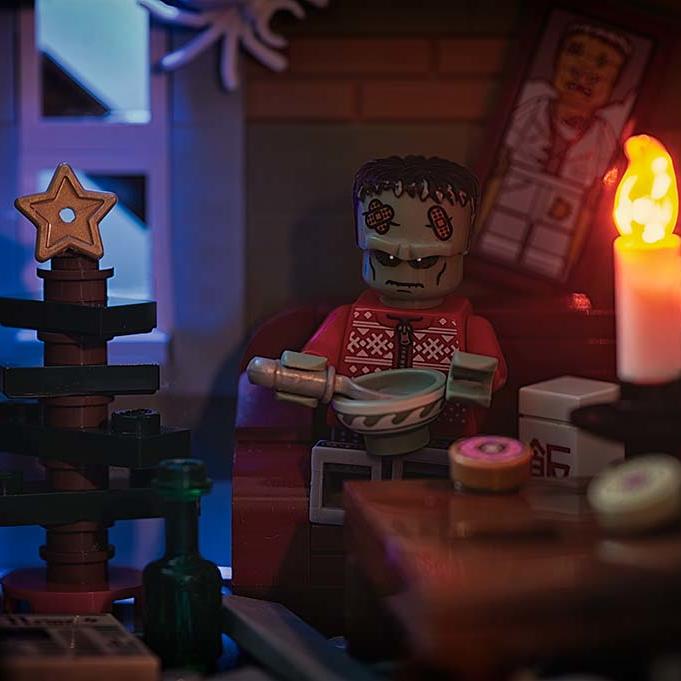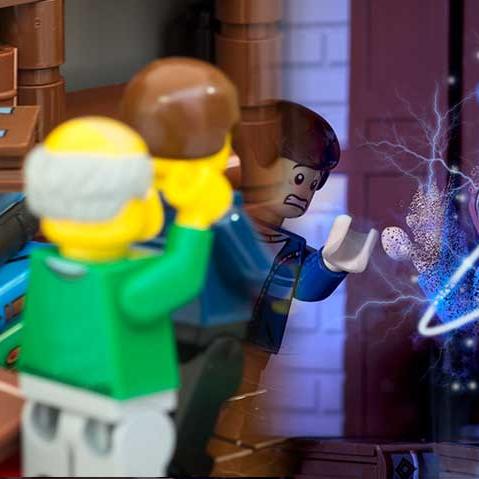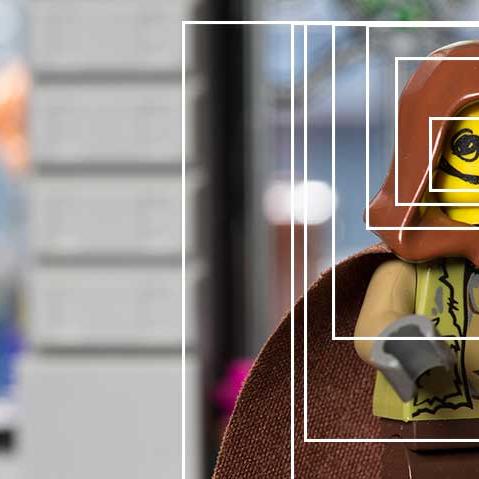The premise of your story
The premise-line, possible consequences of not having one
Story-wise, I wrote the first Foolish Lego comic on the fly. I just shot my episode and got stuck somewhere near the end. Also, I started wondering what my main character -Barry- was actually doing. He was more or less riding the waves instead of causing them. Far too late a learned about the concept of a premise-line. You need to know what your story will be about and the premise line is THE primary guide for developing your story later on. It was too late for my first comic. However, I set out to write one for the second season of the comic. Yet, I abandoned the premise-line before fully developing it, because of time-constraints. Eventually, I had a notion of where I was going, but the faulty premise-line caused difficulties writing the later part of the story.
What is a premise-line?
I really suggest you develop your premise line before you write your story or script. At this moment I am working avidly on the premise-line of the third comic-chapter and I know it will pay off when developing the story itself. The premise contains, amongst other components, the primary story structure, important character(s), the conflict and ending. If you develop a good premise line, you can always return to it if you’re stuck writing your story.
The Seven components of a premise-line
A brilliant book on the premise line is: “Anatomy of a premise line” by Jeff Lyons. It comes highly recommended. Basically, the information in this book will help you identify the core structure of your story.
In short; there are usually seven components that you need to identify:
Character:
Who is the main character, your protagonist?
Constriction:
Your protagonist is inhibited in some way. Maybe material, usually a deep belief or moral. Whatever it is, this is what’s driving him in his daily life (even if your protagonist doesn’t know this is driving him; a moral blind spot).
Desire:
Your main character wants something. And his/ her actions are directly or indirectly related to this desire.
Focal relationship(s):
Usually there are one or more people your protagonist talks to. And through these conversations, your readers will get a deeper insight into the thoughts and desires of your main character. These relationships are part of the dramatic focus of your story.
Resistance:
Of course, there is someone or something that is the opposing force!
Adventure:
Because of all the elements mentioned before, your protagonist will (choose to) end up in an adventure.
Change:
And in the end, the adventure will be over. Your main character will have changed… will have a better understanding of him- or herself… for better or for worse.
As you can see, the first season of my comic missed a few elements; Barry being the main character; there was no constriction, no real desire. He didn’t really choose anything in the adventure part and he never changed. If anything; Amida or Darryl would’ve been much better candidates for a main character.
The structure of the actual premise-line
After you identified all elements, you can create your premise line:
When some event provokes your main character to act (not react), your main character joins with one or more people acting on some desire until your main character’s actions are met by an opposing force – creating the adventure – leading to a transformation of your main character.
When some event provokes your main character to act (not react)… [combine Character with Constriction]
…your main character joins with one or more people acting on some desire… [combine Desire with Focal relationship(s)]
…until your main character’s actions are met by an opposing force – creating the adventure – [combine resistance with Adventure]
…leading to a transformation of your main character. [Change]
Take your time developing
Developing a good premise-line can take a long time. Yet it’ll all be worth it. See it as a map to your story, a map to find your way when you get lost writing. And remember that if your premise-line doesn’t work, you’ll probably get stuck writing your story too. Besides, thinking, developing and tweaking the premise-line turned out to be a lot of fun. Especially when suddenly all elements fall into place!
OTHER POSTS THAT MIGHT INTEREST YOU;
Lonely Christmas
December 25, 2020
Lego comic panel recreation – Darryl’s disappearance
January 28, 2019
Camera shots – a guide for Lego comics
February 19, 2022
You can subscribe to the newsletter to receive occasional updates from Foolish Bricks.



